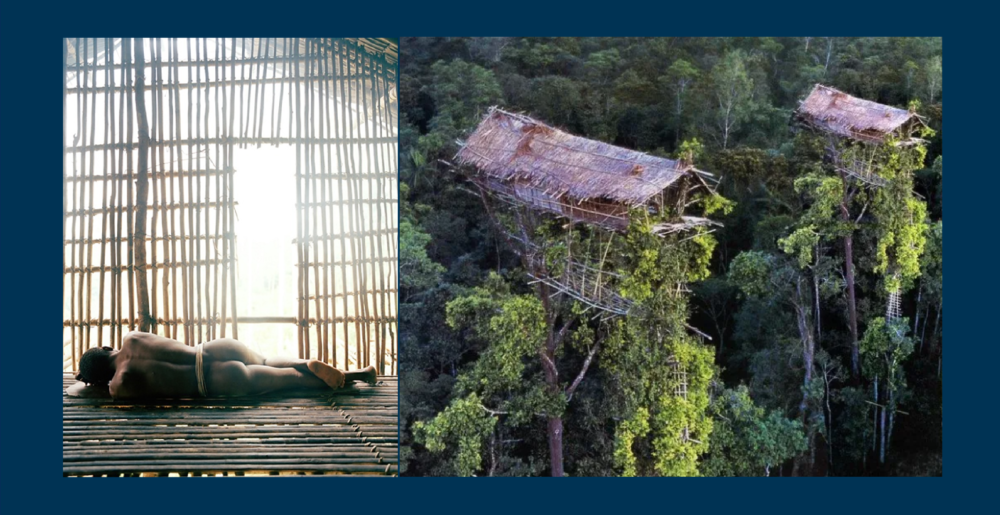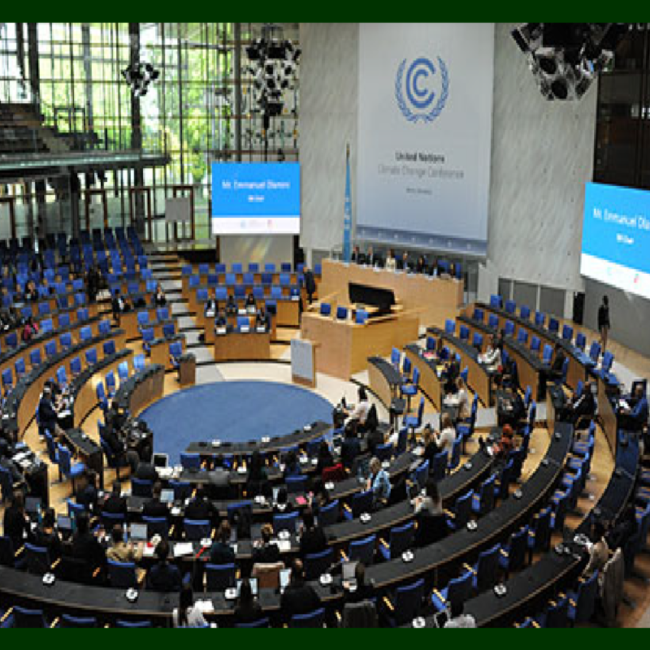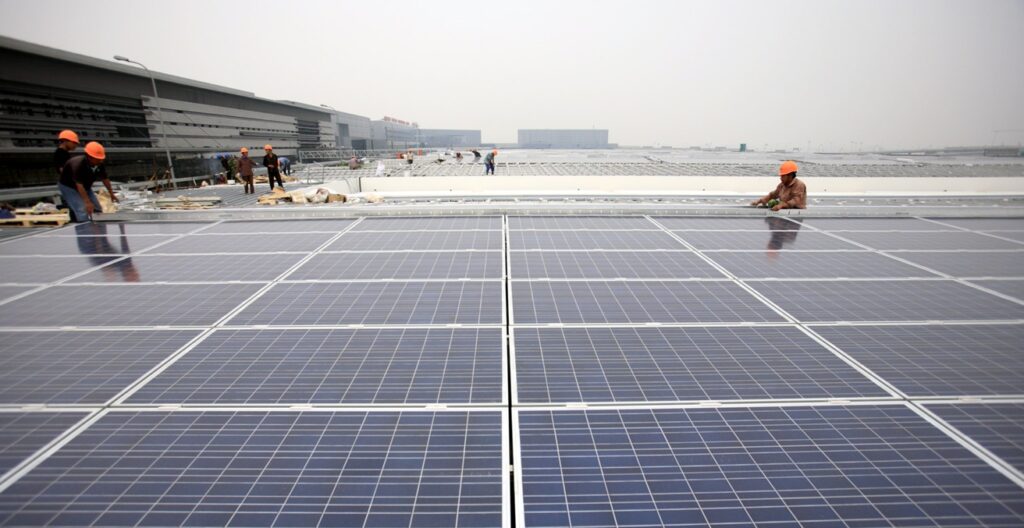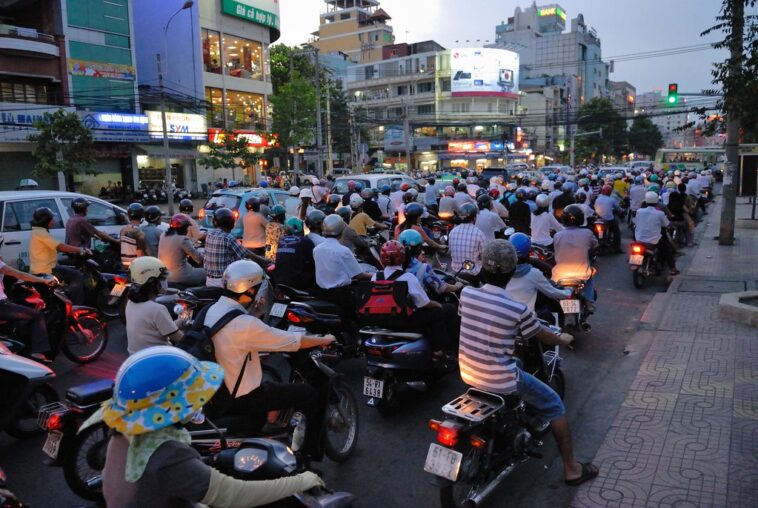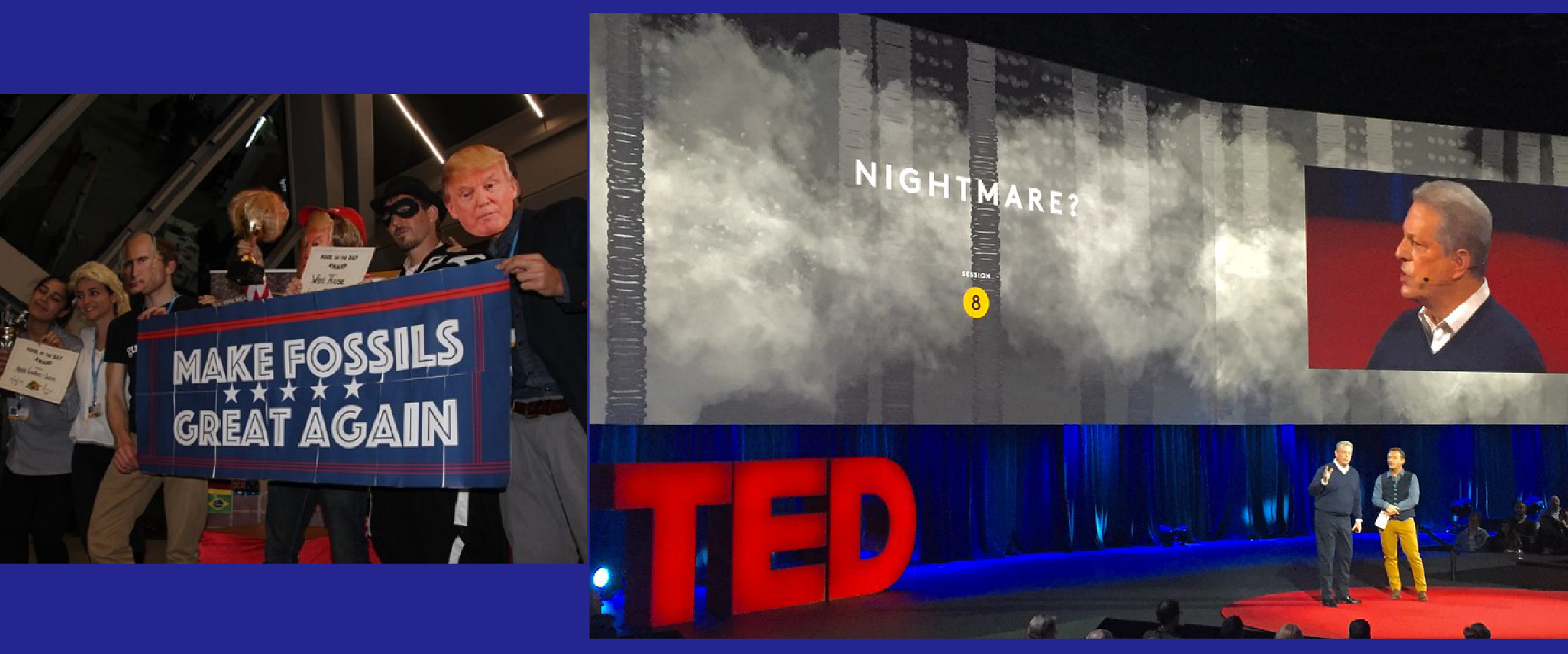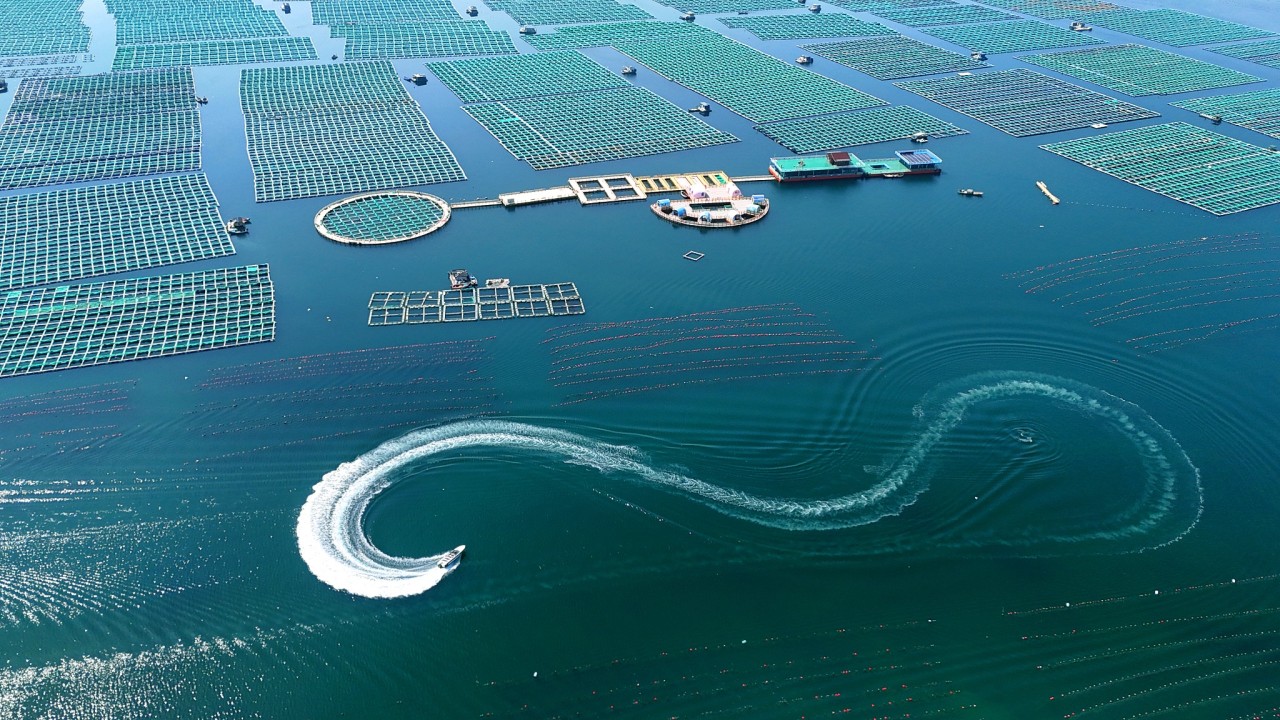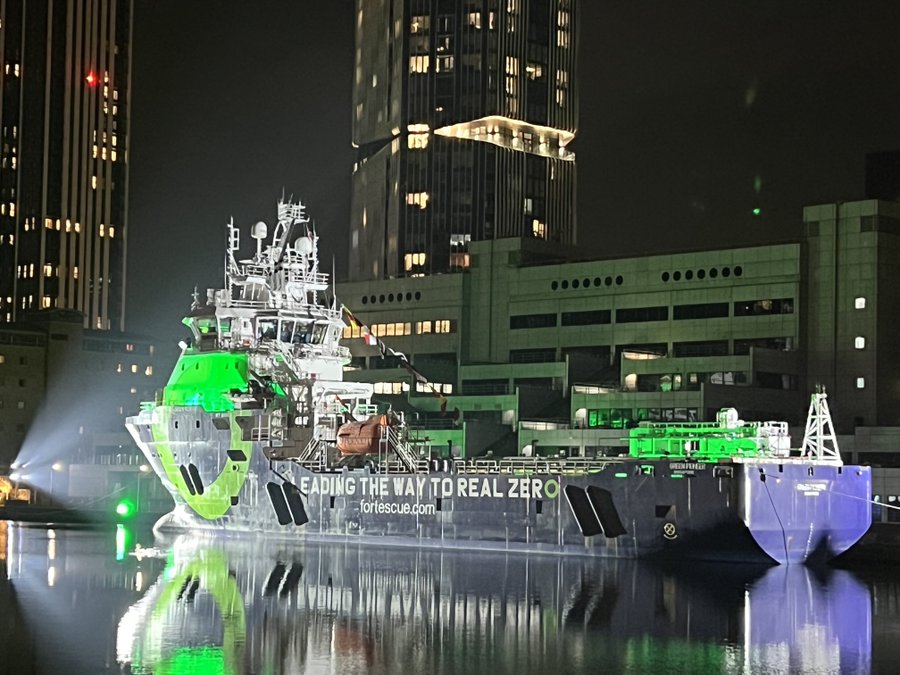FEMINISM is a Global Issue: Woman Thrive in Environmental Start-Ups.
The UNWomen 2024 LowCarbon.Earth Accelerator Finale in Bangkok, Thailand with 7 trailblazing female entreprenuers from Thailand, India, Mongolia, and Singapore from sequestered carbon, carbon credits, nano-coating for solar panels, technology to capture CO2, upcycling food waste with microbial protein …. and more!
Women-led climate tech startups are emerging as agents of change in society and the economy. They offer innovative solutions to address environmental challenges, demonstrating that gender diversity in leadership can catalyze meaningful progress toward a greener and more sustainable future.
This World Environment Day, we celebrate women who participated in the 2023 LowCarbon.Earth Accelerator Programme, a joint initiative by the Massive Earth Foundation in collaboration with the UN Environment Programme (UNEP). Supported by UNEP’s Global Opportunities for Sustainable Development Goals (GO4SDGs) project and the EmPower: Women for Climate-Resilient Societies Programme (EmPower), jointly implemented with UN Women, these startups are making a difference.
This year, seven startups were selected to join the LowCarbon.Earth Accelerator Finale in Bangkok, Thailand, from 25-26 April, where they got the opportunity to pitch their sustainable business ideas to investors.
INDIA:

Ankita Vijavergiya
Billion Carbon Solutions
Ankita’s startup, Billion Carbon Solutions, aims to tackle soil degradation by converting food waste into nutrient-rich fertilizer, effectively utilizing a resource that would otherwise go unused and contribute to greenhouse gas emissions.

Anshu Dandia
Trinano technologies
Dr Anshu developed a light-trapping nano-coating for solar panels that can be applied to new and already existing solar panels. The coating produced by Trinano technologies improves solar cell performance for increased energy output, boosting productivity by 10%. In addition, it helps minimize the cleaning requirement and extends the panels’ life.

Swathi KJ
TechXEarthspace
Swathi and her husband built a technology to capture CO2 using liquid absorption and non-linear wave mechanics to convert it into Sodium Bicarbonate, which can be used in fertiliser, detergents, textiles and chemical industries. Their company, TechXEarthspace, is currently targeting the steel industry in India, working both at the point of source and through direct capture. They also provide carbon credits to offset emissions.
MONGOLIA

Oyungerel Munkhbat
AIREE Felt
Oyungerel’s business, AIREE Felt, produces air filters from sheep wool. The company collaborates with herders who are vulnerable to climate change, creating value-added products that reduce wool waste and efficiently utilize the carbon sequestered in the wool.
SINGAPORE

Lily Jaung
Pullulo
By upcycling waste from leftover fruits and vegetables, Lily’s startup, Pullulo, produces a microbial protein through a process that consumes carbon dioxide. This innovative solution not only reduces food waste but also offers a plant-based protein alternative, enhancing food security.

Min-Si Wang
Ecomonitor
Ecomonitor is a carbon-sourcing platform for individuals and companies that want to issue voluntary carbon credit. With her business, Min-Si aims to lower the cost of carbon credit issuance and bring more transparency to voluntary carbon markets. One of her aims is to empower smaller project developers with under 200 acres of land.
THAILAND

Vilasinee Churat
MUNIE Lifestyle
MUNIE produces sustainable textiles made from water hyacinths, a naturally growing weed in waterbodies in Thailand. Founder Vilasinee works with elderly women in local communities in Northeast Thailand who handweave the textiles using traditional techniques.
FEMINISM is a Global Issue
Globally, women have fewer opportunities for economic participation than men, less access to basic and higher education, greater health and safety risks, and less political representation.
Gender equality is not only a basic human right, but its achievement has enormous socio-economic ramifications. Empowering women fuels thriving economies, spurring productivity and growth. Yet gender inequalities remain deeply entrenched in every society. Women lack access to decent work and face occupational segregation and gender wage gaps. They are too often denied access to basic education and health care. Women in all parts of the world suffer violence and discrimination. They are under-represented in political and economic decision-making processes.
In July 2010, the United Nations General Assembly created UN Women, the United Nations Entity for Gender Equality and the Empowerment of Women, to address such challenges. In doing so, UN Member States took a historic step in accelerating the Organization’s goals on gender equality and the empowerment of women. The creation of UN Women came about as part of the UN reform agenda, bringing together resources and mandates for greater impact. It merges and builds on the important work of four previously distinct parts of the UN system, which focused exclusively on gender equality and women’s empowerment:
- Division for the Advancement of Women (DAW)
- International Research and Training Institute for the Advancement of Women (INSTRAW)
- Office of the Special Adviser on Gender Issues and Advancement of Women (OSAGI)
- United Nations Development Fund for Women (UNIFEM)
More About UN Women Asia & The Pacific HERE+






